This week marks the beginning of Nebraskaland Days, Nebraska’s official statewide celebration. Since its inception in 1968, North Platte has been the site for this annual celebration that attracts visitors from all over the world.
It is a major tourist attraction for this area and one that takes an enormous amount of planning and volunteer hours. I have always said that this board is the hardest-working board in the area. This year’s celebration will mark the last year of David Fudge’s involvement since he chose to retire from serving as the executive director after last year’s celebration.
He, however, has continued to stay on in a part-time capacity to assist with the transition. I want to take a moment to thank David for all he has done over the years, leading this organization to continue improving the event and making the performances even more impressive.
This week, many residents have received their property tax valuation notices. As in previous years, this has prompted many to believe that the increases in value will result in an equal increase in property taxes. Because of this belief, I want to once again walk everyone through the process.
Each year, the local tax assessors are charged with visually inspecting a certain number of properties to estimate their assessed value (based on specific criteria) as of Jan. 1 of the tax year. All the individually assessed values are added together and used to ultimately calculate the taxes due once every local political subdivision completes its budgets for the coming year.
Once budgets are completed, the mill levy is determined for each subdivision by dividing the total budgets by the gross property tax assessed values. So, until the budgets are approved, we do not know the total tax request or what the mill levy will be to calculate the tax. If you believe your tax assessed value is too high, you can appeal the value to your local county board who also serves as the Board of (tax) Equalization. If you disagree with their determination, you can appeal to the Tax Equalization and Review Commission to get a second opinion.
I get several emails each year from constituents saying that their tax-assessed value went up double digits even though they made no improvements to their home. Keep in mind that these values are not reviewed every year, so your increase could very likely be a change from the past three years. It is also important to remember that valuations consider the local market. As the cost of housing has increased substantially and the housing shortage has significantly increased the demand for existing housing, market values have risen accordingly.
In most cases, your property could very well be worth more than the tax-assessed value if your home was listed for sale with a realtor.
If you are concerned about your property taxes, I encourage you to attend the budget meetings for your local political subdivisions. You have a right to understand what is going into their budgets and if all the budgeted items are necessary. This is your opportunity to express your opinion and impact the final tax number.
Simultaneously, the governor has assembled a representative group of state senators to serve on a task force to create a plan to reduce property taxes by as much as 40%.
I expect that the plan agreed to by the group will be circulated to the rest of the members of the Legislature to see if there are sufficient votes to pass the bill in a special session. If so, a special session would likely occur in late July or early August.
Although this group’s discussions are not yet public, I can confirm that two members support the EPIC tax plan and have offered ideas that could be incorporated into this new legislation.
Although I agree with increasing sales tax collections, I continue to have reservations about EPIC as proposed. First, the ballot initiatives would ban any other form of taxation other than a consumption tax or excise tax in our state constitution. The language taxes all new goods and services except groceries. There is no specific carve out for business inputs. It’s also unclear what the initial tax rate would have to be to raise enough revenue to cover state and local expenses. EPIC supporters say 7.5%, while others suggest a rate as high as 22%. What happens if the rate is set too low and the state does not collect sufficient tax revenue? The state is not allowed to borrow, so there would be no choice but to massively cut spending at all levels.
I also have concerns regarding asking the Legislature to allocate tax dollars equitably to all parts of the state once since all tax dollars would be collected at the state level. With only 16 senators representing the third congressional district, how well will we fare when it comes to getting those tax dollars back? Keep in mind that only the Legislature can allocate state spending.
I look forward to continuing to hear from you regarding issues that are important to you. It is a privilege to serve as your state senator, and I will continue to give my full effort to make a positive difference for the district and the state. You can reach me at mjacobson@leg.ne.gov or 402-471-2729.
© 2024 The North Platte Bulletin. All rights reserved.



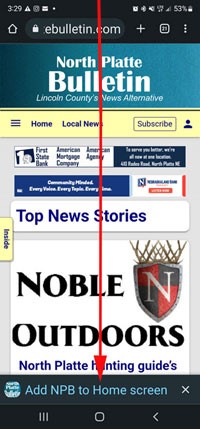
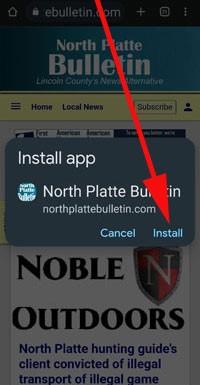
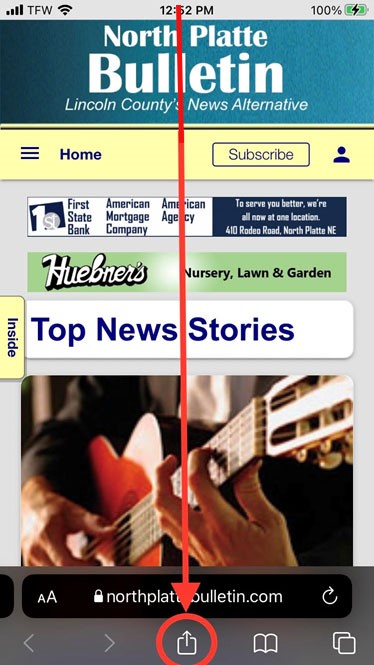
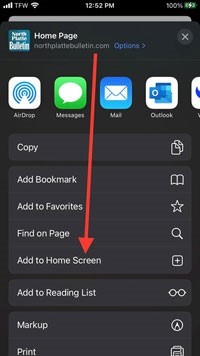
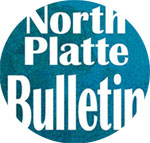












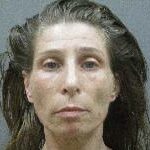
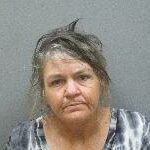


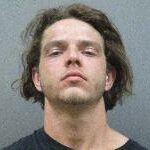

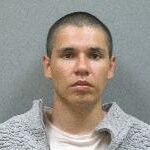

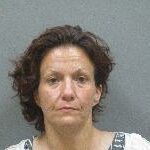
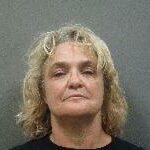
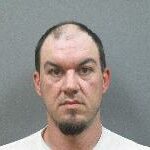

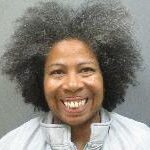
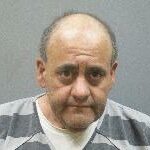


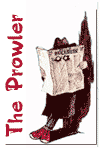











Log in to post Talk Back